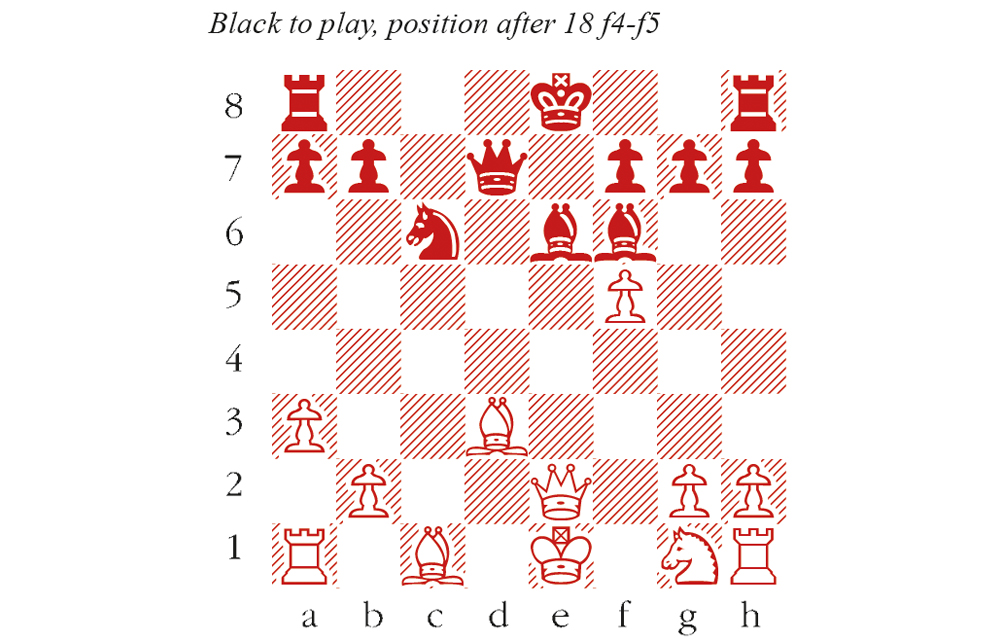Can ChatGPT play chess? A few weeks ago, when the AI chatbot was making headlines, someone had the cute idea of getting it to play a game against the popular chess engine Stockfish. At the start, it followed a standard line of the Ruy Lopez opening. But soon the illegal moves began – ChatGPT tried to castle before its bishop was out of the way. Later, it added pieces to the board from nowhere, queens jumped over knights, and rooks teleported magically around the board. I repeated this experiment myself, with similar phantasmagorical results, all while the bot supplied nonsensical explanations for its moves. Indeed, ChatGPT cannot play chess, and it was fun to watch its collapsing facade of cogency.
Teehee, silly computer! But once in a while, one is jolted by the awkward fact that human explanations are not altogether different. After a game of chess, I know that any attempt to reconstruct my thought processes will be an exercise in frustration. Sometimes I can give a lucid account of why I made a particular move. But all too often there are logical lacunae which simply can’t be explained. I don’t mean emotional decision-making, which has its place, since there are lots of situations where you have to trust your gut. What really baffles me is when obvious glitches occur even during purposeful, rational thought. All men are mortal. Socrates is a man. Therefore, Socrates is immortal. Say what?
Take the position I reached in a game from the German Bundesliga last weekend. Playing Black, my bishop on e6 is attacked and pinned, and 18…Nd4 19 fxe6! is no good. But I had foreseen that I could castle queenside, counterattacking the bishop on d3. After 18…O-O-O 19 fxe6 Qxd3 20 Qxd3 Rxd3 21 exf7 Black stands well, but I felt that rounding up the f7 pawn could be a faff, and recalled the classic wisdom – ‘If you see a good move, look for a better one’. Thus, I came to consider 18…Rd8, so that in the analogous variation my king could immediately recapture the pawn on f7. The downside of 18…Rd8 is that White can move the bishop away from d3, which leaves the Be6 pinned. But then I noticed that moving the knight into d4 might work in my favour anyway. For example, 19 Be4 Nd4 20 fxe6 Qxe6 21 Qe3 O-O and with Rf8-e8 coming soon, the bishop is won back with interest. My appetite whetted, I resolved – systematically, I should stress – to study each of White’s bishop moves. After about 20 minutes’ thought, I refuted them all, Be4, Bc2, Bb1, Bc4, intending 19…Nc6-d4 in every case.
It never crossed my mind that he might place his bishop on b5 instead. Whyever not? It is a natural move, which also pins the knight I was so eager to use. Of course, that’s exactly what he played, leaving me in a desperate but not quite hopeless situation. The game was drawn after more than six hours of play.
Jaime Santos Latasa-Luke McShane
Bundesliga, February 2023
1 d4 Nf6 2 c4 e6 3 Nc3 Bb4 4 f3 Nc6 5 e4 e5 6 a3 Bd6 7 c5 Be7 8 dxe5 Nxe5 9 f4 Nc6 10 e5 Ng8 11 Ne4 d5 12 cxd6 cxd6 13 exd6 Nf6 14 Bd3 Bf5 15 Nxf6+ Bxf6 16 Qe2+ 16 Bxf5 Qa5+ Be6 17 d7+ 17 f5 Nd4! Qxd7 18 f5 (See diagram) Rd8? 19 Bb5! Qd5 The best try. The Be6 is lost, but Black gets some counterplay. 20 fxe6 Bh4+ 21Kf1 O-O 22 Bxc6 Qd1+ 23 Qxd1 Rxd1+ 24 Ke2 Re1+ 25 Kd2 Rd8+ 26 Bd7 Rxe6 Not 26…fxe6 27 g3! Rf1 28 Ke2 and the rook is evicted 27 Nf3 Rxd7+ 28 Kc2 Re2+ 29 Kb1 Be7 A sliver of hope remains. Draw agreed at move 85.






Comments